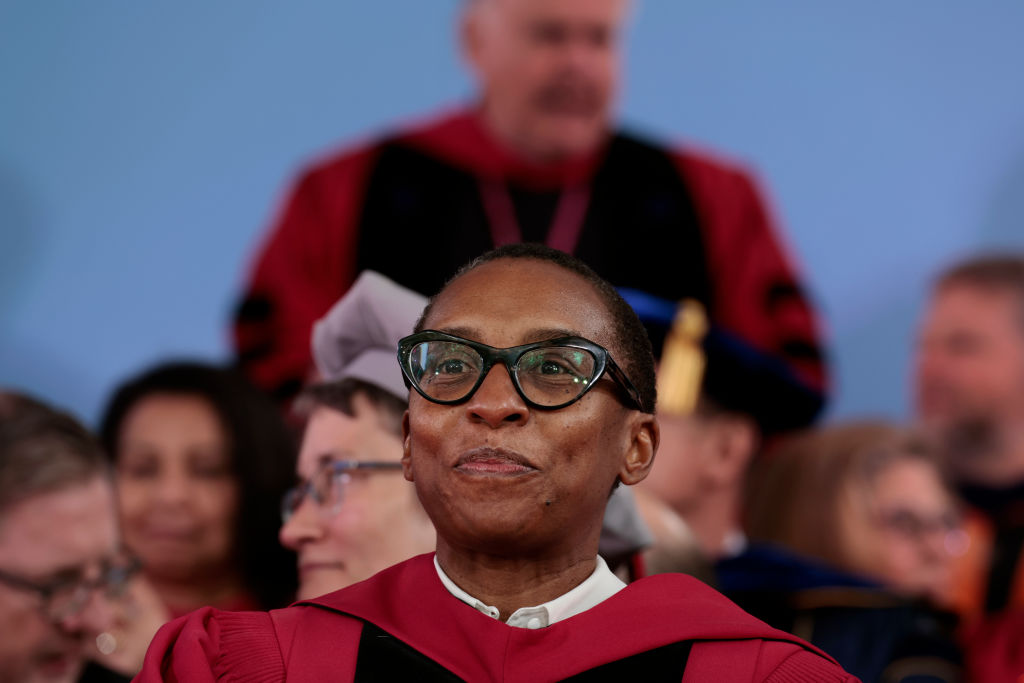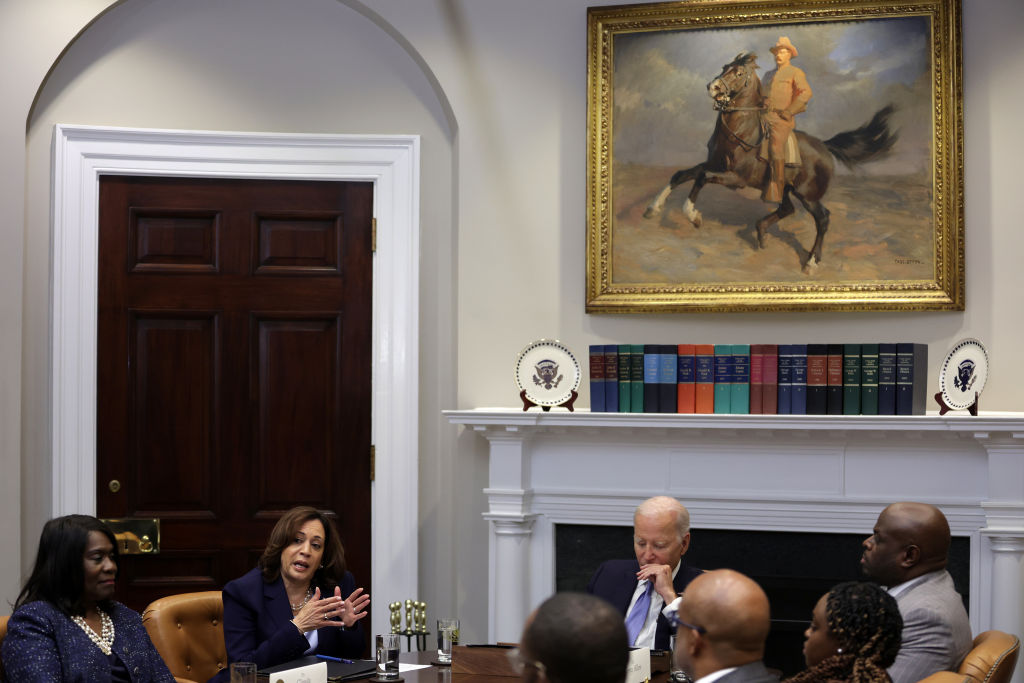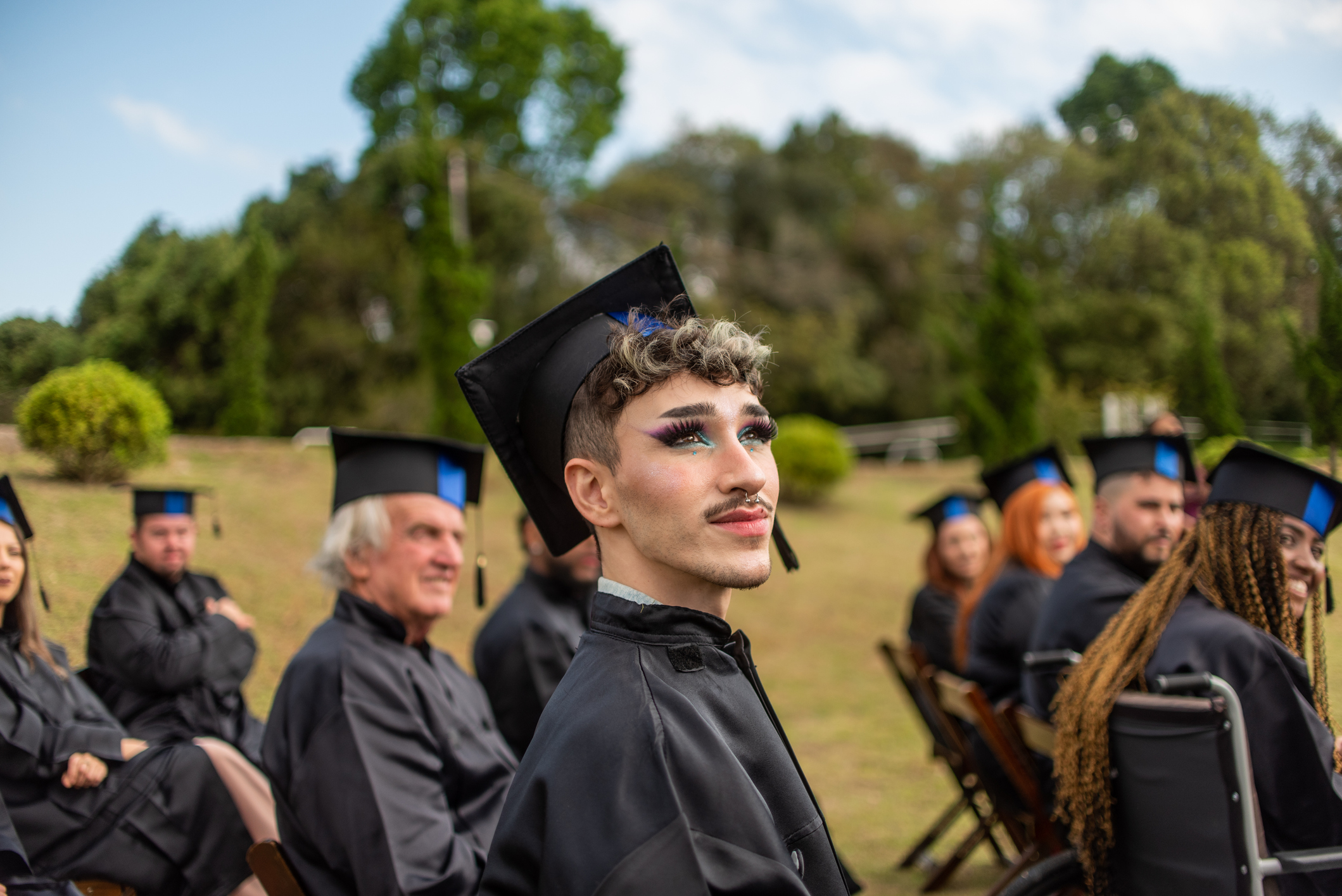Securing America’s interests should be the guiding principle of our nation’s foreign policy.
Black Privilege at Harvard

Dismissing its president’s blatant plagiarism as irrelevant demonstrates the collapse of standards in the era of DEI.
Harvard President Claudine Gay has been in the news lately because of her evident coddling of radical student antisemites on her campus. This week, more evidence of her lack of fit for the position she holds came in the form of evidence that she plagiarized her academic work.
Though the plagiarism story just broke, there has apparently been an investigation underway at Harvard since October on this matter. So Harvard was able to do what they had surely always planned to do—dismiss the claims as nothing and reaffirm their confidence in Gay as their president.
I had the chance to look at some of the evidence that was presented to Harvard. It shows that Gay did violate Harvard’s own rules for its students on plagiarism, multiple times, in multiple publications over the course of her career. The New York Times cites the Harvard rules on plagiarism in their story this week celebrating Harvard’s dismissal of the charges:
The Harvard Corporation’s statement on Dr. Gay does not use the word “plagiarism,” which a Harvard guide for students defines broadly.
“When you fail to cite your sources, or when you cite them inadequately, you are plagiarizing, which is taken extremely seriously at Harvard,” it says. “Plagiarism is defined as the act of intentionally OR unintentionally submitting work that was written by somebody else.”
Plagiarism is the use of text from another source without appropriate attribution (through quotation and citation), with the intention of passing it off as one’s own prose. It is a serious academic offense, and it can be disqualifying for academic work and result in stern punishments for offenders. The materials I saw detailed 30 different examples of plagiarism in Gay’s work, ranging from relatively small chunks of text to sentences and significant parts of paragraphs.
The most serious infractions in my reading were in two recent scholarly articles. Her 2017 article “A Room For One’s Own?: The Partisan Allocation of Affordable Housing,” published in Urban Affairs Review, has at least ten instances of plagiarized text. Her 2012 article “Moving to Opportunity: The Political Effects of a Housing Mobility Experiment,” published in that same journal, showed at least seven infractions of this academic norm. The bulk of the others were from the early (1993) publication, “Between Black and White: The Complexity of Brazilian Race Relations,” which was published in Origins.
Harvard’s response to this evidence is utterly inadequate and intellectually dishonest. They claim to have found only “a few instances of inadequate citation.” “A few” would properly characterize the three examples found in her dissertation. No reasonable person, however, would define the 17 instances in her two recent articles as “a few.”
Plagiarism is an act of intentional misconduct that can be judged sufficiently serious to call for a scholarly article’s retraction. Sometimes, though, it is seen as something that can simply be corrected through an erratum, especially if the author himself realizes he has forgotten to quote or appropriately cite a source and lets the editors know. But this is not what happened here. Gay did not alert Harvard or her editors of her failings. Others had to do that work. And the sheer number of separate examples of plagiarized material in these two articles—again, ten in one, seven in the other—is troubling.
It is sometimes argued that in the sciences the plagiarism of specific text is less egregious than the plagiarism of ideas or results. That argument is unpersuasive here, given that Gay is not a scientist properly speaking. She is a political scientist, and the claims of that discipline to the status of a “science” are weak.
Whether or not these articles should be retracted for the academic dishonesty contained in their composition is a question better left for other venues. It is astounding, though, that Harvard has responded in such an unconcerned manner. Or, rather, it is less astounding than it is simply consonant with the entire logic of the DEI apparatus that brought Claudine Gay to her current position in the first place.
It is clear that Harvard has decided that different rules of evaluation of scholarly merit and integrity apply in the DEI era. Indeed, the institution had made that apparent in the very business of appointing Gay to the position of president in the first place. Claudine Gay’s academic record of publication is objectively flimsy. She received her PhD 25 years ago, and yet she has published only 11 peer-reviewed articles. As we have just seen, at least two of those 11 show significant evidence of plagiarism. The fact that she somehow got tenure at Harvard with that track record—not a single sole-authored monograph in a quarter of a century, a tiny total of journal articles, not even one every two years—is remarkable. Many, many professors who taught stints at Harvard with superior publication records did not make that hurdle. Her publication record would be unimpressive even at institutions many rungs below Harvard.
Those who would like to continue to assert that the George Floyd Revolution-fueled hyper-affirmative action we have been seeing in higher education now for several years does not result in a dropping of standards are invited to discuss the fact of a scholar of the caliber of Claudine Gay attaining the position of president at what was once one of the most prestigious universities in the country. As David Randall puts it, “the president has no clothes.” Harvard is daring everyone to notice.
In the Free Beacon piece that broke the news, a Harvard colleague of Gay responds to the charges in a way that illustrates the depth of the problem in academia today. Jeffrey Liebman “said he and four of his coauthors did ‘not see any signs of plagiarism.’” Another of those plagiarized by Gay acknowledged that what Gay has done is “technically plagiarism,” but went on to define Gay’s plagiarism as “not terribly important.”
Harvard’s Honor Code for students is bluntly clear on plagiarism:
“[P]lagiarizing or misrepresenting the ideas or language of someone else as one’s own, falsifying data, or any other instance of academic dishonesty violates the standards of our community, as well as the standards of the wider world of learning and affairs.”
But today Harvard has told us is that it’s perfectly okay for their president to plagiarize, so long as it’s just “a few” times, and we all agree not to even call it “plagiarism,” a term the Harvard statement does not use. There are, in other words, two standards: one for the Harvard student, on the one hand, and one for its ultra-woke black female president, on the other. And how long can Harvard hold on even to the ethical standard for students when the revolutionary tide is so strong in the other direction?
The American public should see this as a message about just how seriously they can take that institution going forward.
The American Mind presents a range of perspectives. Views are writers’ own and do not necessarily represent those of The Claremont Institute.
The American Mind is a publication of the Claremont Institute, a non-profit 501(c)(3) organization, dedicated to restoring the principles of the American Founding to their rightful, preeminent authority in our national life. Interested in supporting our work? Gifts to the Claremont Institute are tax-deductible.
More citizens are rejecting the woke gods in favor of the God of old America.
Restoring pride in the military will require a massive effort.
This ideology is incompatible with the flourishing of the West.
Postcolonialism rivals Jacobinism and Bolshevism in its systematic destruction of civil society.
The prospective student college tour as propaganda platform.






